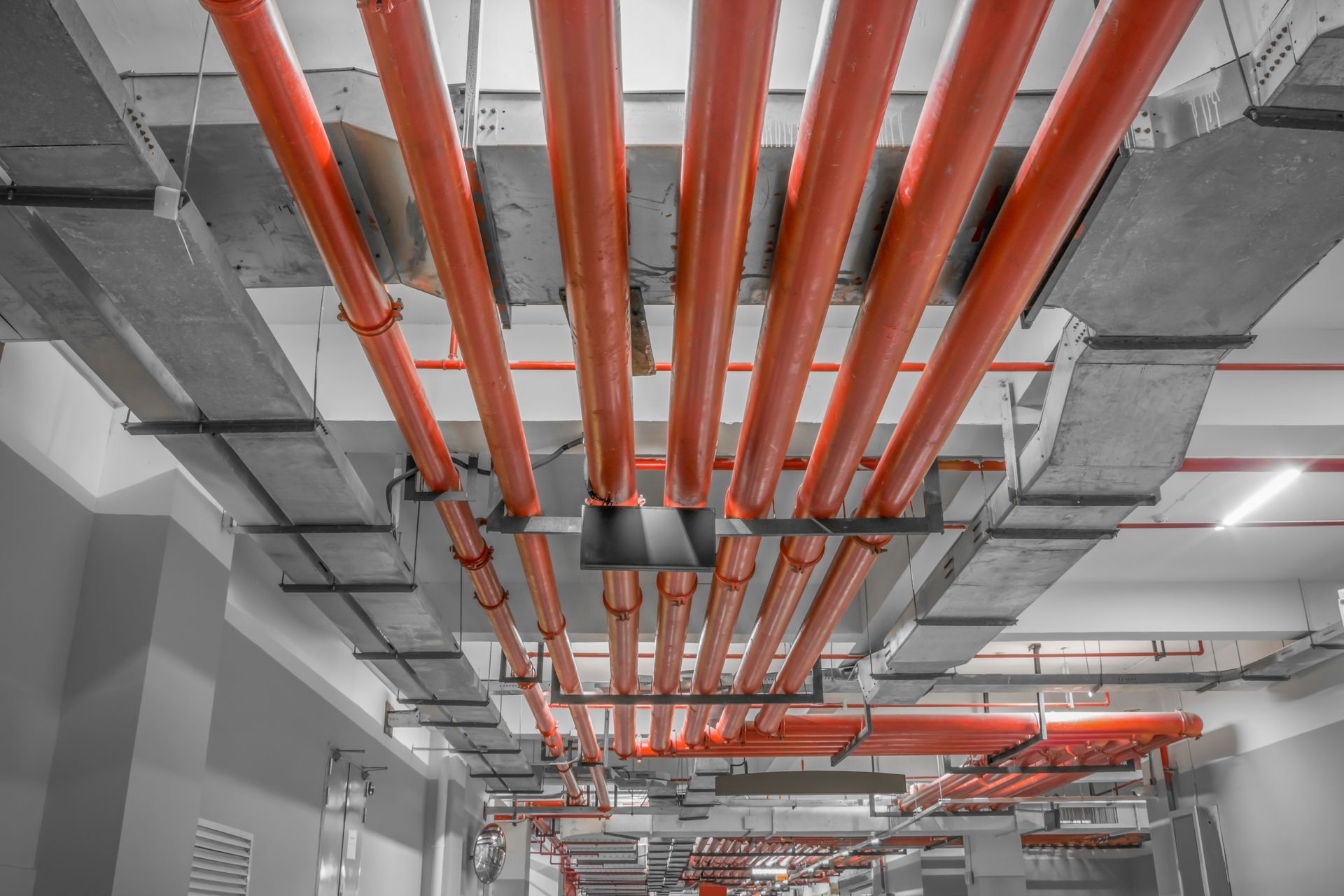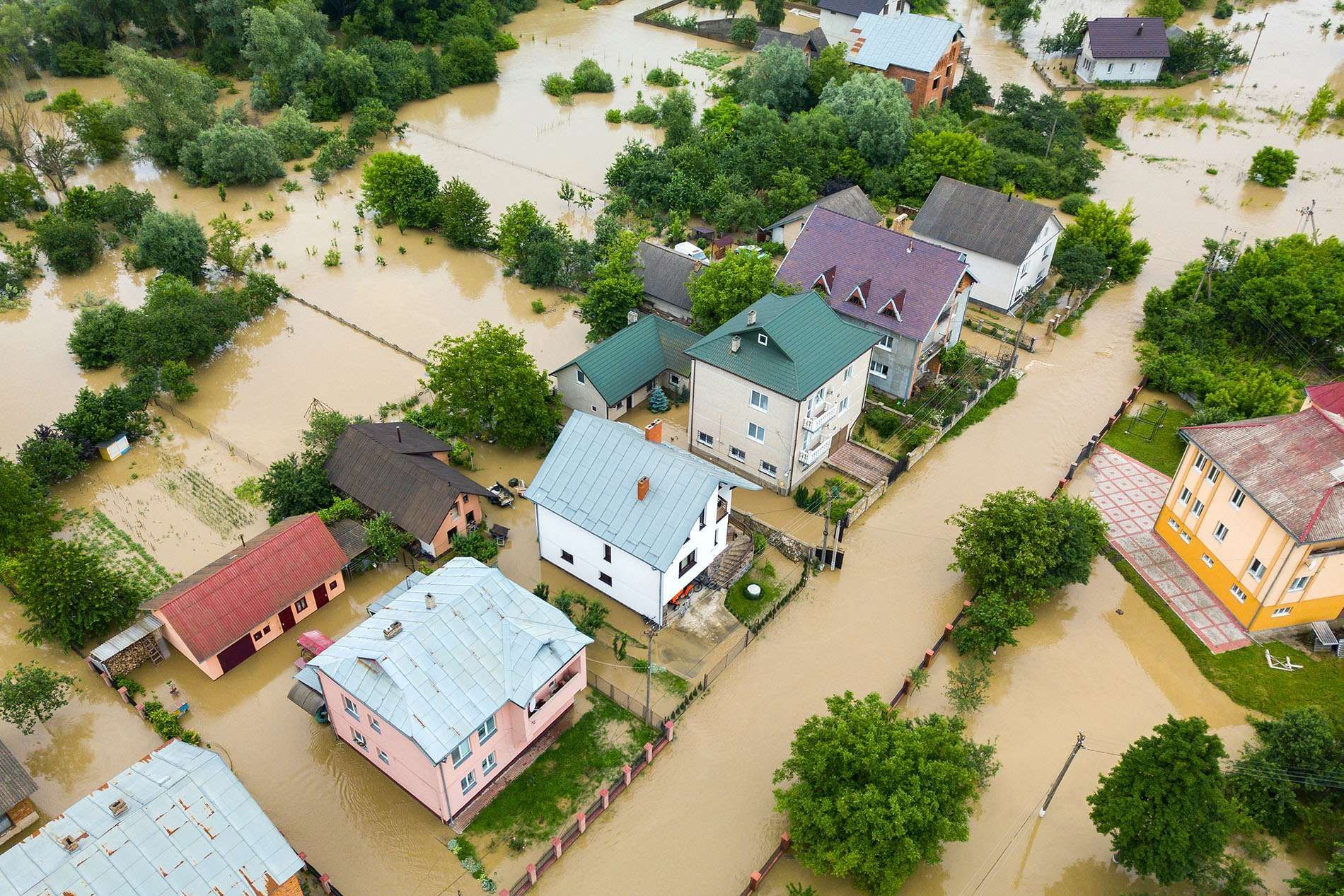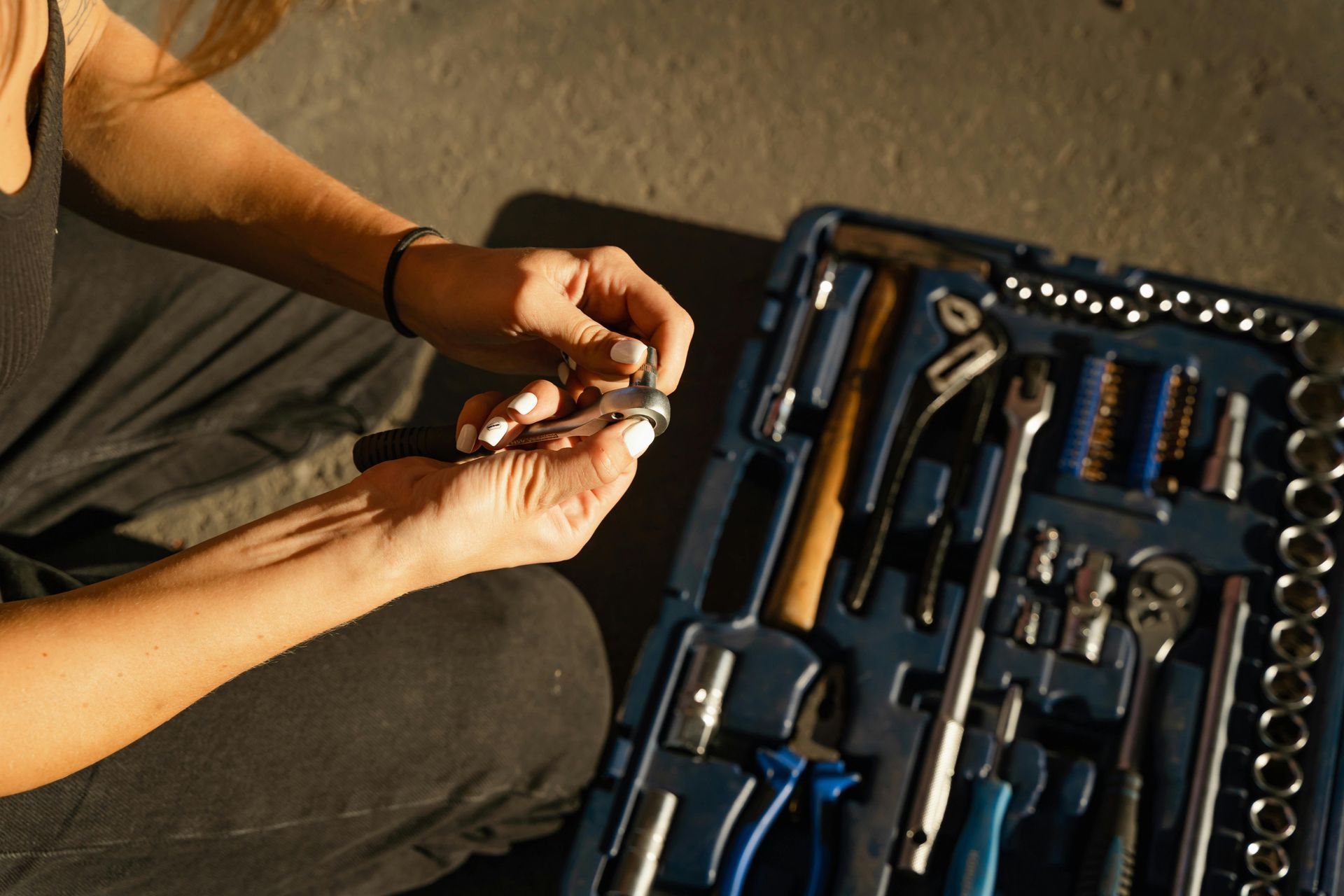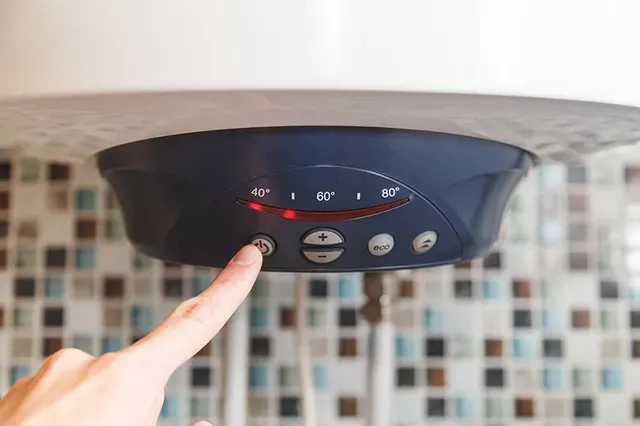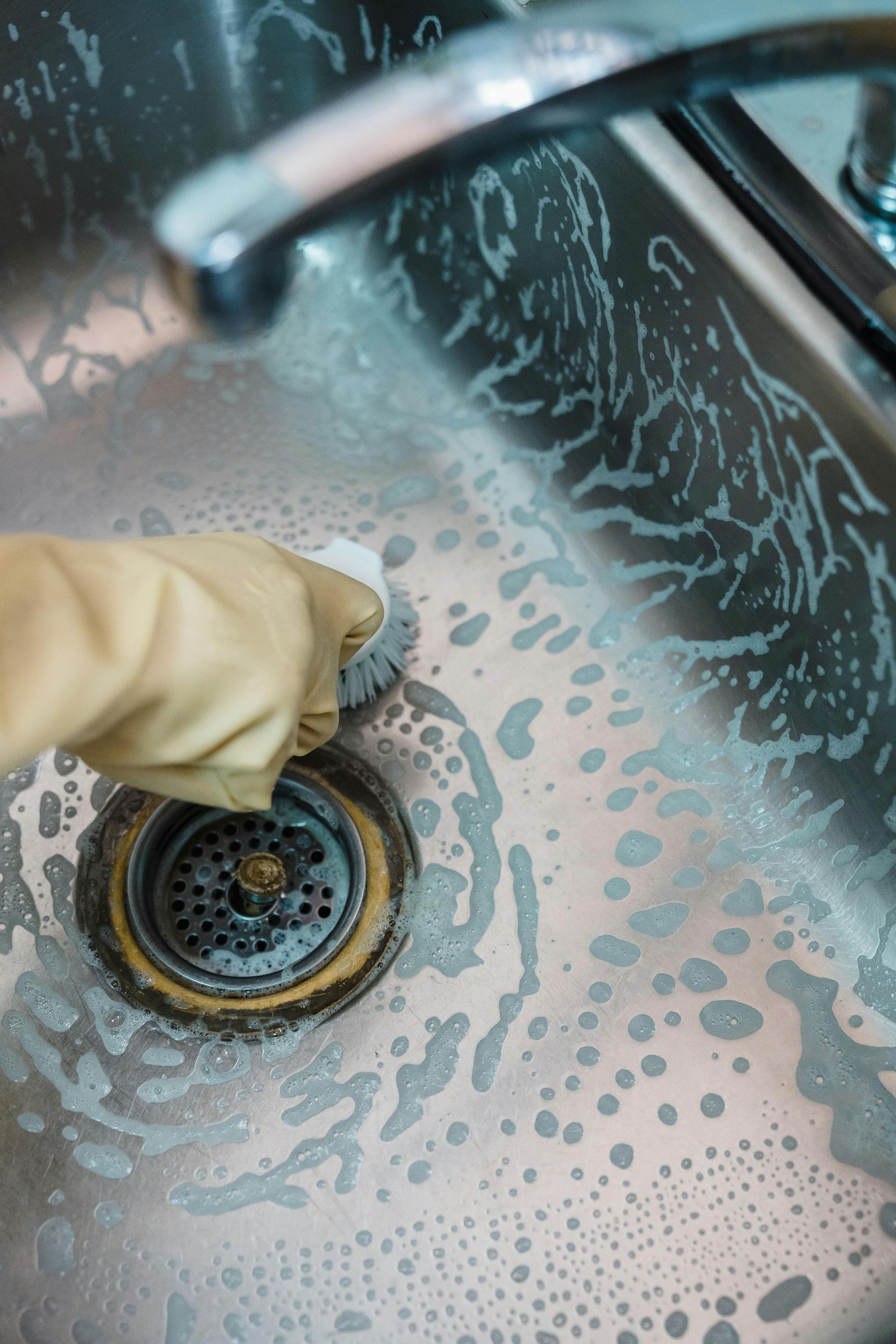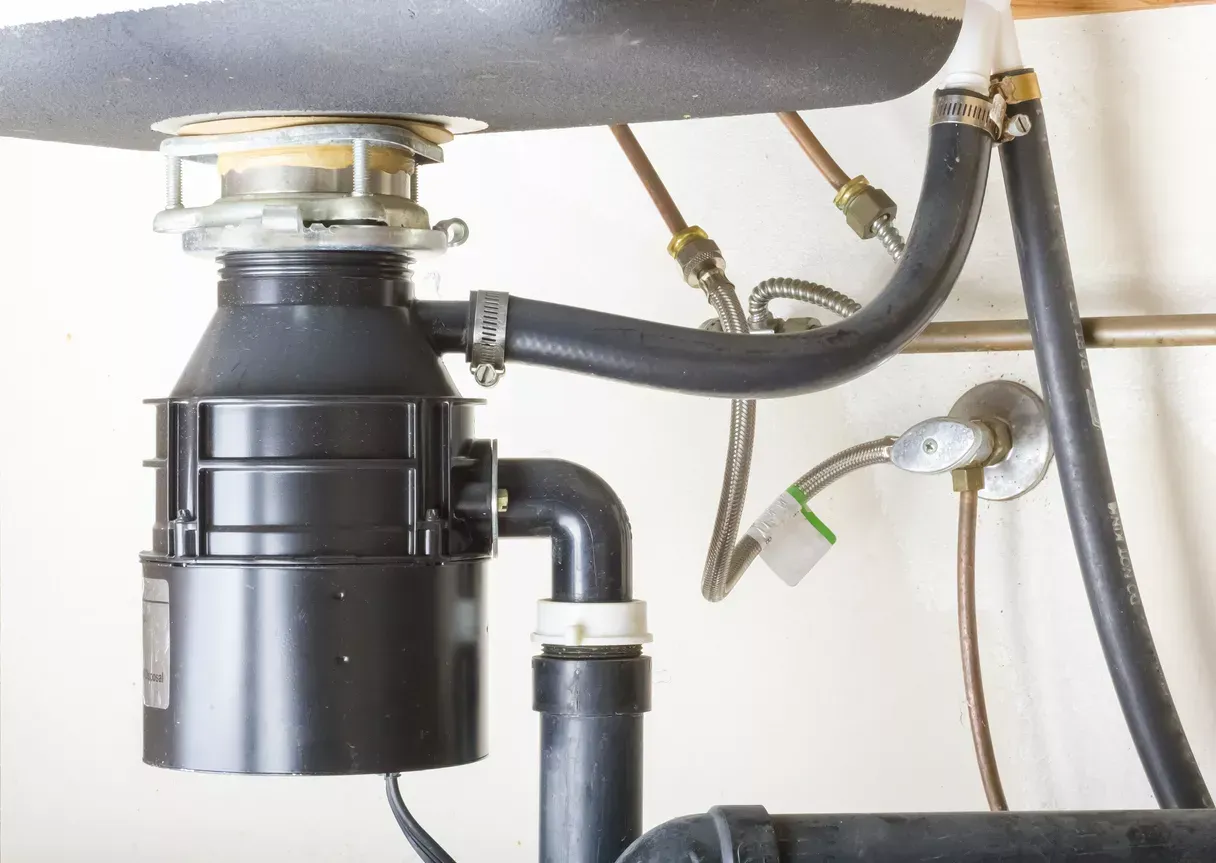Why Is My Water Heater Leaking? Causes and Fixes
A leaking water heater is more than just an annoyance—it can cause significant water damage and lead to costly repairs. Understanding the causes and knowing how to fix a leaking water heater can save you time, money, and stress. In this guide, we'll explore the common reasons why water heaters leak and provide actionable solutions to address these issues.
Common Causes of Water Heater Leaks
1. Faulty Temperature and Pressure Relief Valve
The temperature and pressure relief (T&P) valve is a safety feature designed to release water if the pressure or temperature inside the tank gets too high. If the T&P valve is leaking, it could indicate that the water heater is overheating or that the valve itself is faulty. Regularly checking the valve for proper operation and replacing it when necessary can prevent leaks.
2. Loose Drain Valve
The drain valve allows you to empty the tank for maintenance or replacement. Over time, this valve can become loose, especially after multiple uses. A loose drain valve is a common cause of water heater leaks. Tightening the valve or replacing it with a new one can often resolve the issue.
3. Corrosion and Rust
Water heaters are made of metal, which can corrode and rust over time, especially if the anode rod isn't replaced regularly. Corrosion typically starts from the inside and can cause leaks that may not be immediately noticeable. Regularly inspecting your water heater and replacing the anode rod can help prevent corrosion and leaks.
4. Cracked or Damaged Tank
If the tank itself is cracked or damaged, usually due to age or significant wear, leaks can occur. Unfortunately, a cracked tank often means the water heater needs to be replaced. Routine maintenance and timely replacement of components can help extend the life of the tank.
5. Sediment Buildup
Over time, sediment can accumulate at the bottom of the water heater tank, especially in areas with hard water. This buildup can cause the tank to overheat, resulting in damage and leaks. Flushing the tank regularly can prevent sediment buildup and prolong the life of your water heater.
6. High Water Pressure
Excessive water pressure can strain your water heater and its components, leading to leaks. It’s crucial to maintain the water pressure at a safe level, typically between 50-60 psi. Installing a pressure-reducing valve can help control high water pressure.
How to Fix a Leaking Water Heater
1. Turn Off the Power and Water Supply
Before you start any repairs, ensure the power to the water heater is turned off. For electric water heaters, switch off the breaker at the electrical panel. For gas water heaters, turn the gas valve to the “off” position. Then, shut off the water supply by closing the valve located near the water heater.
2. Inspect and Tighten Connections
Check all connections and fittings for leaks. Use a wrench to tighten any loose connections, but be careful not to over-tighten, as this can cause additional damage.
3. Replace the T&P Valve
If the T&P valve is leaking and cannot be tightened, it may need to be replaced. Purchase a new valve from a hardware store and follow the manufacturer’s instructions for replacement.
4. Drain and Flush the Tank
To remove sediment buildup, drain the tank by attaching a garden hose to the drain valve and directing it to a suitable drainage location. Open the valve and let the water flow until it runs clear. This process should be done at least once a year to prevent sediment buildup.
5. Check for Internal Tank Damage
If you suspect internal damage or a cracked tank, you may need to replace the water heater. Consult a professional plumber to assess the extent of the damage and recommend the best course of action.
6. Install a Water Pressure Regulator
If high water pressure is the issue, install a water pressure regulator to maintain a safe and consistent pressure level within your plumbing system.
Preventing Future Leaks
- Regularly schedule annual maintenance for your water heater to catch potential issues early.
- Replace the anode rod every 3-5 years to protect the tank from corrosion and extend its lifespan.
- Monitor your home's water pressure and adjust it as needed to avoid putting stress on the water heater.
- Flush the tank annually to prevent sediment buildup, especially in areas with hard water.
Conclusion
Dealing with a leaking water heater can be daunting, but understanding the common causes and knowing how to address them can save you time, money, and stress. Regular maintenance, such as flushing the tank and replacing worn parts like the anode rod, can significantly extend the life of your water heater and prevent leaks. By taking a proactive approach to maintenance and promptly addressing any issues, you can ensure your water heater operates efficiently and safely for years to come. Remember, when in doubt, consult a professional plumber to evaluate your water heater and recommend the best solutions for your specific situation. Taking these steps will help you avoid unexpected breakdowns and keep your home's hot water supply reliable and safe.


